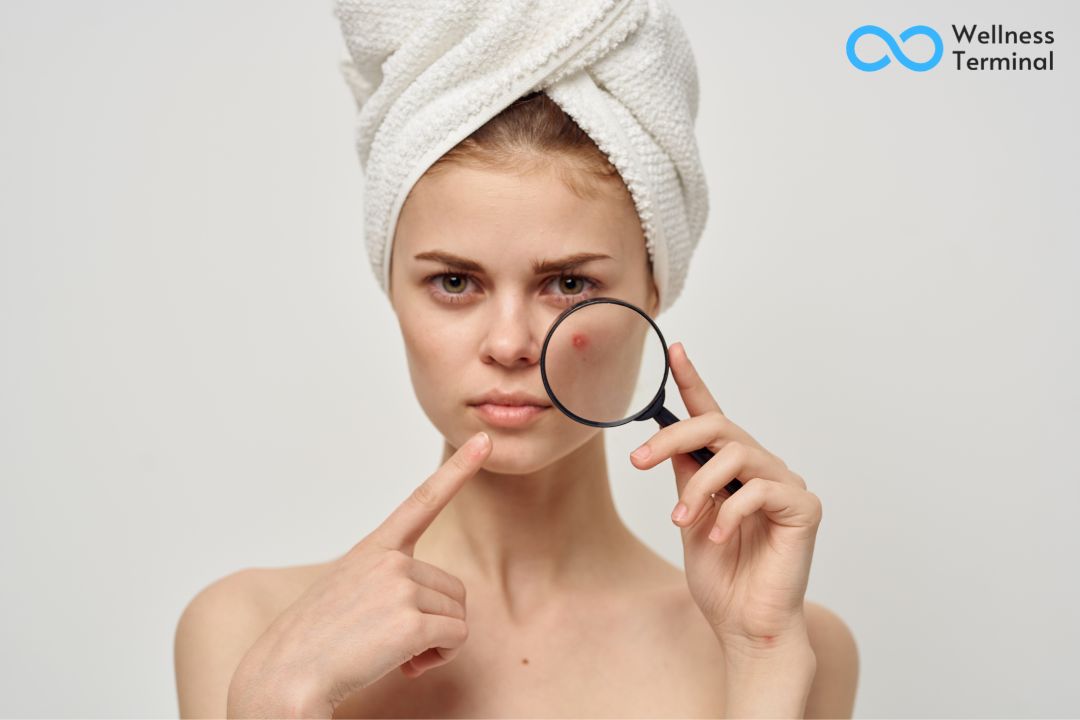Acne is a common skin condition that can be caused by a variety of factors, such as genetics, hormonal changes, and certain lifestyle choices. If you have acne-prone skin, it's important to take steps to care for it properly in order to reduce the likelihood of breakouts and promote clear, healthy-looking skin.
Here are some tips for taking care of acne-prone skin:
Cleanse your skin gently. When it comes to cleansing your skin, it's important to be gentle. Use a mild, non-foaming cleanser that doesn't contain any harsh ingredients, such as alcohol or fragrances. Avoid using hot water, which can dry out the skin and make breakouts worse. Instead, use lukewarm water and gently massage the cleanser into your skin, taking care to avoid the eye area.

Exfoliate regularly. Dead skin cells can clog pores and lead to breakouts, so it's important to exfoliate your skin regularly. However, be careful not to overdo it, as excessive exfoliation can irritate the skin and make acne worse. Instead, use a gentle exfoliant, such as a chemical exfoliant, once or twice a week.
Use non-comedogenic products. When choosing skincare products, be sure to select ones that are non-comedogenic, meaning they won't clog your pores. This includes moisturizers, sunscreens, and makeup. You can often find this information on the product packaging, or you can look for products specifically labeled for acne-prone skin.
Keep your hands off your face. One of the easiest ways to spread bacteria and oil that can cause acne is to touch your face. Try to avoid touching your face as much as possible, especially if you haven't washed your hands.
Consult with a Dermatologist. If your acne persists and you're not seeing improvement with over-the-counter products, consider consulting a Dermatologist. They can give you a personalized skincare routine and recommend stronger medication if necessary.
Practice a healthy lifestyle: Diet, stress, and lack of sleep can all contribute to acne, so it's important to practice a healthy lifestyle. Eating a balanced diet, managing stress, and getting enough sleep can help to improve your skin and reduce the likelihood of breakouts.
It's important to be patient and consistent with your skincare routine, as it may take some time to see improvement. But with the right approach, you can help to reduce the frequency and severity of breakouts and achieve clear, healthy-looking skin.

